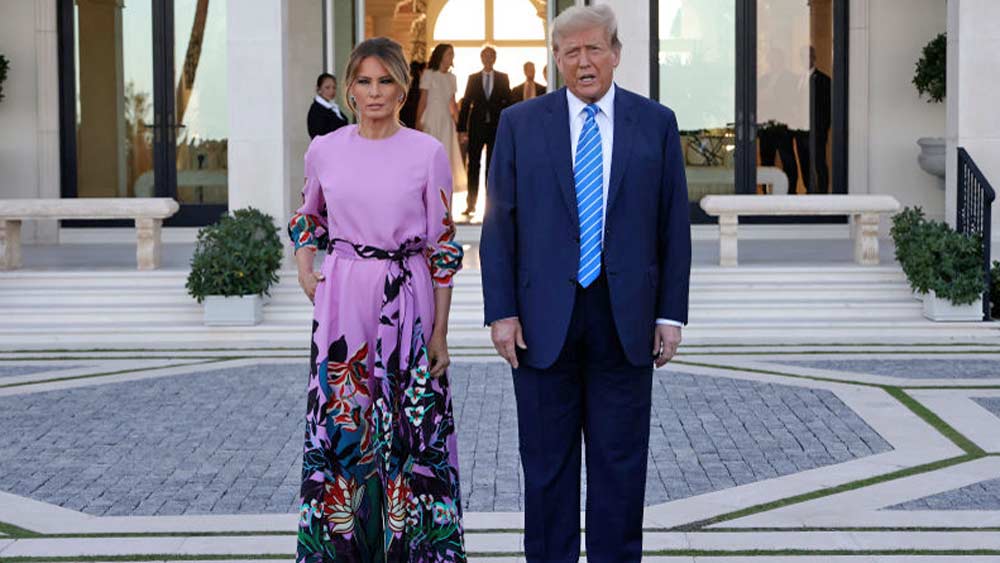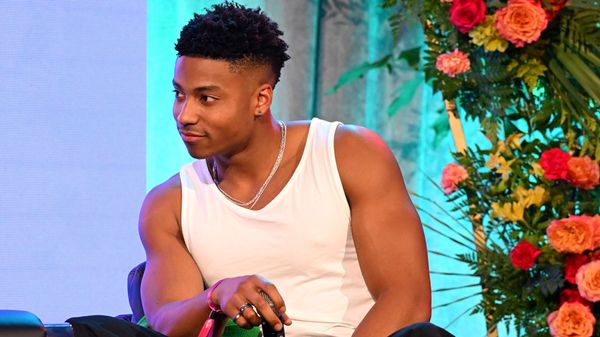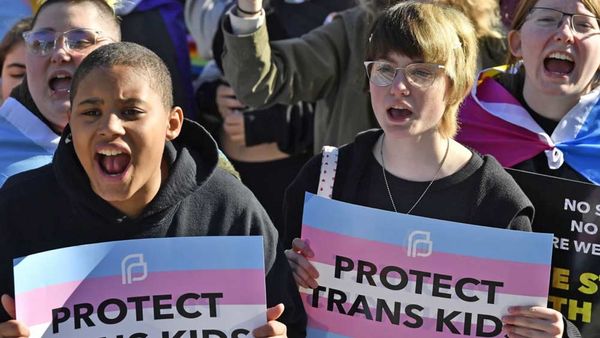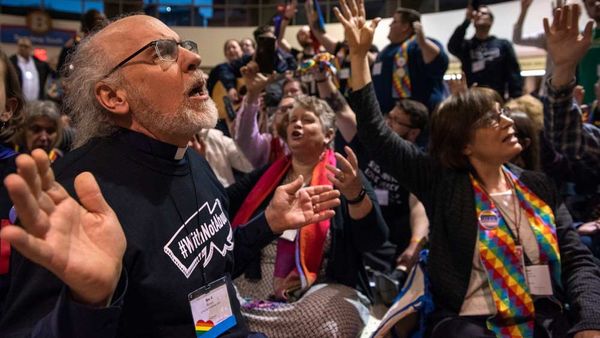November 30, 2009
Insuring young key to health care overhaul plans
Kilian Melloy READ TIME: 4 MIN.
The young invincibles. That's what the insurance industry calls them.
They're the 13.7 million Americans under 30 who don't have health insurance because, they firmly believe, they just don't need it. Why waste money on something they're too healthy to ever use?
In the debate over health care, lawmakers and industry agree that persuading this statistically healthy demographic to jump into the insurance pool would bring down costs for the broader population. But for young adults to make the leap, health industry experts and youth advocacy groups say, Congress needs to focus more on affordability than invincibility.
Young adults are more likely than other age groups to work low-wage, entry-level jobs that don't offer health insurance, according to the Kaiser Family Foundation. As a result, Americans aged 19 to 29 have the highest uninsured rate in the United States.
"Do I really want to pay $200 a month so I can get antibiotics whenever I catch a cold?" asked 30-year-old Will Mohring, a Washington restaurant manager who makes about $45,000 a year.
Mohring has been uninsured for about a year. He said his decision to forgo insurance was eased by the security of having good family genes and the burden of $400-a-month student loan payments.
"I don't think not having health insurance is a good thing," he said. "I think if it was affordable, and that's the key, if it was affordable I would definitely have it."
Insurance industry experts say it's important to bring young people like Mohring into the system because they're healthy and don't need costly medical care. Their premiums would help subsidize older, less healthy people in the insurance pool, thereby bringing down average costs.
That's one of the reasons why the health care bills circulating in Congress would require most Americans to get health insurance, or face a fine.
The plan is basically intended as a tax on young people to help lower the cost for others, said Martin Feldstein, a conservative economist who served as President Ronald Reagan's chief economic adviser.
But 27-year-old Aaron Smith, co-founder of the ironically named Young Invincibles youth advocacy group, encourages his peers to take the long view of health care.
"I think young people can accept the idea that it's okay for us to pay a little more now to, you know, make sure that the system works well in the long term," Smith said. "There will come a time when we are older, and we are sicker, and then the system will take care of us."
But that concept doesn't sit well with 24-year-old Leone Edwards, a part-time security guard and jewelry maker from District Heights, Md., who recently had her employer-provided health benefits slashed as a result of budget cuts.
"I think what would worry me is me paying for someone else's health care," Edwards said. "That would be (my) biggest issue."
Many of the health care overhaul provisions in Congress would affect young Americans, and a few were drafted specifically with that demographic in mind.
Young adults would be able to piggyback on a parent's insurance through age 26 in the proposed Senate bill, or age 27 in the House-passed bill.
"I think that takes a load off a lot of college students' shoulders," said Brittany McGrath, 22, a senior at the University of Maryland.
McGrath said she'll be dropped from her father's insurance shortly after graduating in December, but said being able to stay on his plan longer would ease her mind as she begins job hunting.
A recent study by the Commonwealth Fund suggests that raising the age of dependent coverage could insure more than 2 million young adults, albeit for a minimal hike in their parents monthly premium.
That would allow young Americans to start a business or be a photographer or writer, without being confined by having to find a job that has health care benefits, House Speaker Nancy Pelosi, D-Calf., said when she announced her chamber's proposal in mid-October.
But the plan would leave out low-income young adults whose parents lack insurance themselves, said Karyn Schwartz, senior policy analyst at the Kaiser Family Foundation.
Of all the health care proposals circulating in Congress, experts say the one likely to cover the most uninsured young adults is a massive expansion of Medicaid, the federal-state health insurance program for the poor.
All the health care proposals would help ease the blow of an individual mandate by providing government subsidies to people who make less than 400 percent of the federal poverty level, or about $43,300 in 2009.
The subsidies could be used to buy insurance in newly created government-regulated marketplaces called exchanges. Shoppers on an exchange could choose from privately sold plans that meet new coverage requirements set by the government. A government-run insurance option also may be part of the final bill.
The so-called "Young Invincible" plan would offer catastrophic insurance to people younger than 26 that comes with a high deductible and covers the bare minimum of preventative care, including immunizations and some cancer screenings for women.
The insurance industry has been marketing similar high-deductible, low-premium plans to young people for years, giving them snazzy names like Thrill-seeker or Tonik 5000.
Twenty-five year-old Zachary Kolodin, who runs a non-profit start-up in Washington, D.C., says his catastrophic plan does not cover regular doctor visits or medicine to treat his asthma, so he's forced to go without.
"I'm just not getting the care," Kolodin said. "I'll probably go to the dentist at some point, but I haven't been to the dentist since I got this (health plan) because it is a pretty major out-of-pocket expense."
Kilian Melloy serves as EDGE Media Network's Associate Arts Editor and Staff Contributor. His professional memberships include the National Lesbian & Gay Journalists Association, the Boston Online Film Critics Association, The Gay and Lesbian Entertainment Critics Association, and the Boston Theater Critics Association's Elliot Norton Awards Committee.







